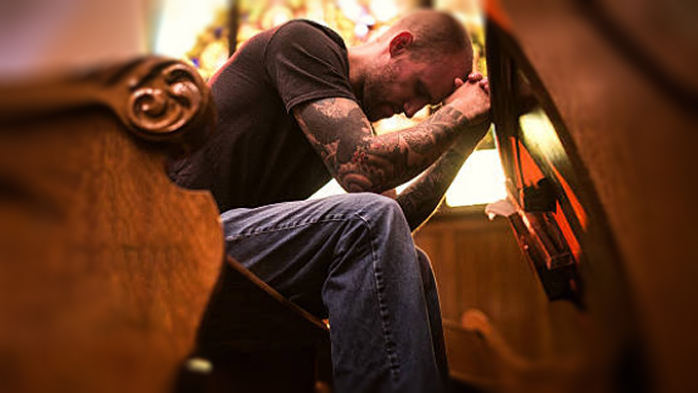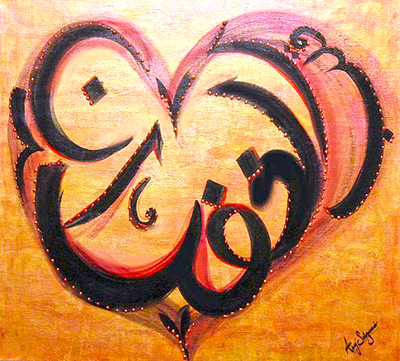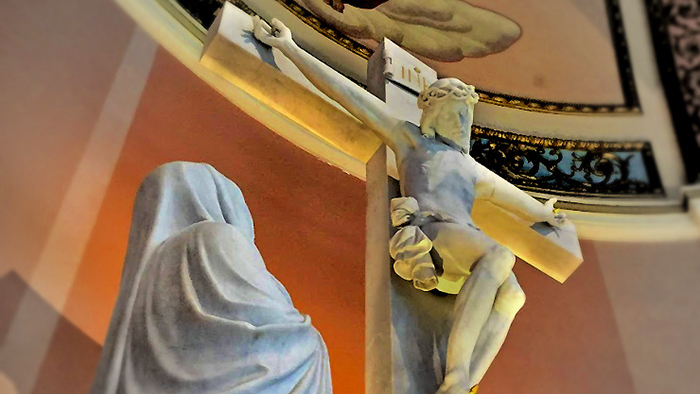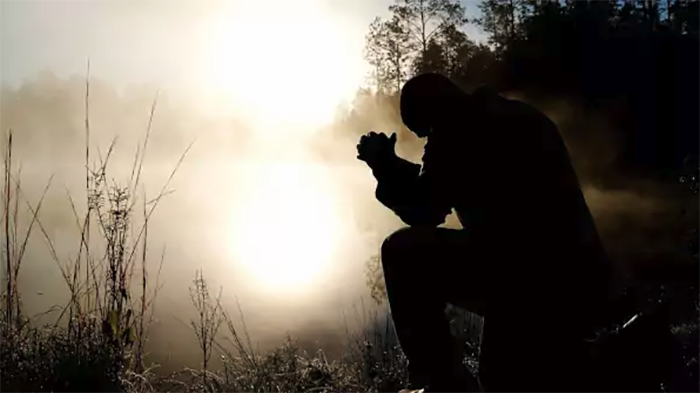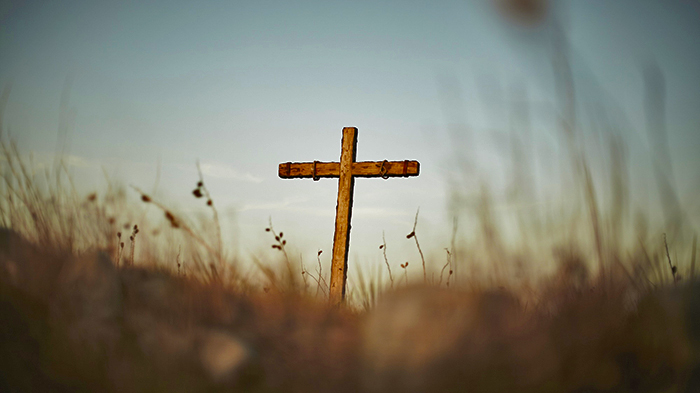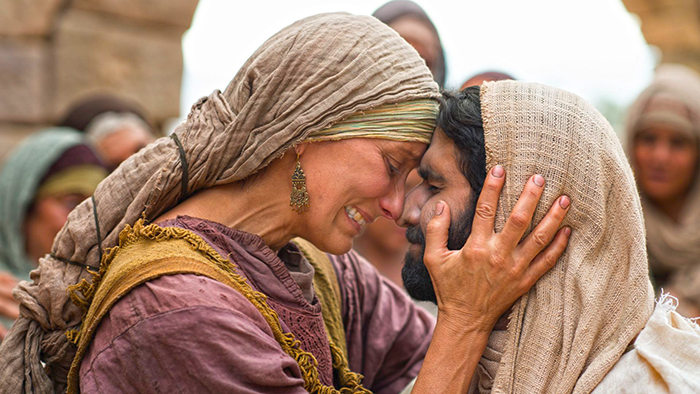
Christ knows he is surrounded by a crowd that will be awed by the miracle and will tell the story all over the countryside. But he does not act artificially, merely to create an effect. Quite simply, he is touched by that woman’s suffering and cannot but console her. He goes up to her and says, “Do not weep.” It is like he is saying: “I don’t want to see you crying; I have come on earth to bring joy and peace.” Only then comes the miracle, the sign of the power of Christ, who is God. Sr. Melannie Svoboda says we usually think of a miracle as something extraordinary, something spectacular. In the Gospel reading, we see Jesus raise to life the son of the widow of Nain. Yes, raising the young man was miraculous. But just as extraordinary was this: Jesus being moved to compassion by the suffering of a stranger in a nowhere little town. Fidelity, kindness, devotion, and compassion are all expressions of love. And isn’t love the greatest miracle of all?

